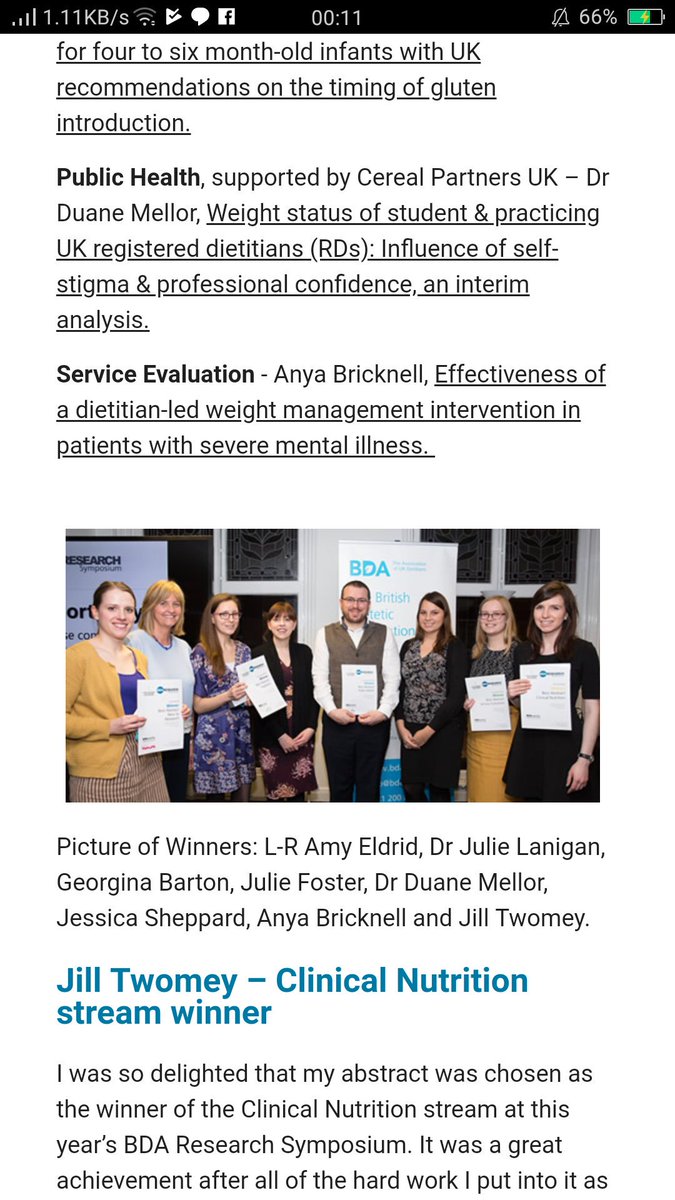GPs are being offered training about the ‘transformative’ benefits of a lower carbohydrate diet for type two diabetes patients through a new online course launched by the RCGP.
The 30-minute learning module, entitled ‘Type 2 diabetes and the low GI diet’, explains the role carbohydrates and the glycaemic index play in people’s diets.
It also ‘reminds’ GPs about ‘basic physiological concepts such as glycolysis, gluconeogenesis and lipolysis and their role in diabetes,’ said the RCGP.
The training is broken into three sections including an assessment of current knowledge, information about the benefits of a low carbohydrate diet, and a quiz.
It has been developed by Dr David Unwin, who previously won the NHS Innovator of the Year award in 2016 for his research into a low carbohydrate diet as an alternative to drug therapy in type two diabetes.
Dr Unwin, who wrote the module in collaboration with Diabetes.co.uk, said: 'Implementing a low-carb approach for people with T2D has been transformative for our patients and practice staff, with significant diabetes drug budget savings into the bargain of over £35,000 a year.
'Many patients understand they should give up sugar but still consume high glycaemic index carbohydrates that digest down into surprising amounts of glucose.
‘We see proud patients putting their diabetes into drug-free remission on a weekly basis by cutting the carbs.'
RCGP medical director for eLearning Dr Dirk Pilat said: ‘This course discusses the role of carbohydrates and the glycaemic index in our diet and specifically its importance for individuals with type two diabetes.
‘It reminds primary care health professionals about basic physiological concepts such as glycolysis, gluconeogenesis and lipolysis and their role in diabetes.’
‘Using real-world examples, it discusses the importance of a low-GI diet for patients affected by diabetes and how to maximise the potential of lifestyle modification to create patient impact,’ he added.
Research has previously shown type two diabetes can be reversed through an intensive weight management programme. The programme includes a low calorie, nutrient-complete diet for three to five months, food reintroduction, an increase in physical activity and long-term support to maintain weight loss
http://www.pulsetoday.co.uk/clinical/clinical-specialties/diabetes/rcgp-launches-gp-training-on-low-carb-diet-for-diabetes-patients/20037092.article
The 30-minute learning module, entitled ‘Type 2 diabetes and the low GI diet’, explains the role carbohydrates and the glycaemic index play in people’s diets.
It also ‘reminds’ GPs about ‘basic physiological concepts such as glycolysis, gluconeogenesis and lipolysis and their role in diabetes,’ said the RCGP.
The training is broken into three sections including an assessment of current knowledge, information about the benefits of a low carbohydrate diet, and a quiz.
It has been developed by Dr David Unwin, who previously won the NHS Innovator of the Year award in 2016 for his research into a low carbohydrate diet as an alternative to drug therapy in type two diabetes.
Dr Unwin, who wrote the module in collaboration with Diabetes.co.uk, said: 'Implementing a low-carb approach for people with T2D has been transformative for our patients and practice staff, with significant diabetes drug budget savings into the bargain of over £35,000 a year.
'Many patients understand they should give up sugar but still consume high glycaemic index carbohydrates that digest down into surprising amounts of glucose.
‘We see proud patients putting their diabetes into drug-free remission on a weekly basis by cutting the carbs.'
RCGP medical director for eLearning Dr Dirk Pilat said: ‘This course discusses the role of carbohydrates and the glycaemic index in our diet and specifically its importance for individuals with type two diabetes.
‘It reminds primary care health professionals about basic physiological concepts such as glycolysis, gluconeogenesis and lipolysis and their role in diabetes.’
‘Using real-world examples, it discusses the importance of a low-GI diet for patients affected by diabetes and how to maximise the potential of lifestyle modification to create patient impact,’ he added.
Research has previously shown type two diabetes can be reversed through an intensive weight management programme. The programme includes a low calorie, nutrient-complete diet for three to five months, food reintroduction, an increase in physical activity and long-term support to maintain weight loss
http://www.pulsetoday.co.uk/clinical/clinical-specialties/diabetes/rcgp-launches-gp-training-on-low-carb-diet-for-diabetes-patients/20037092.article




